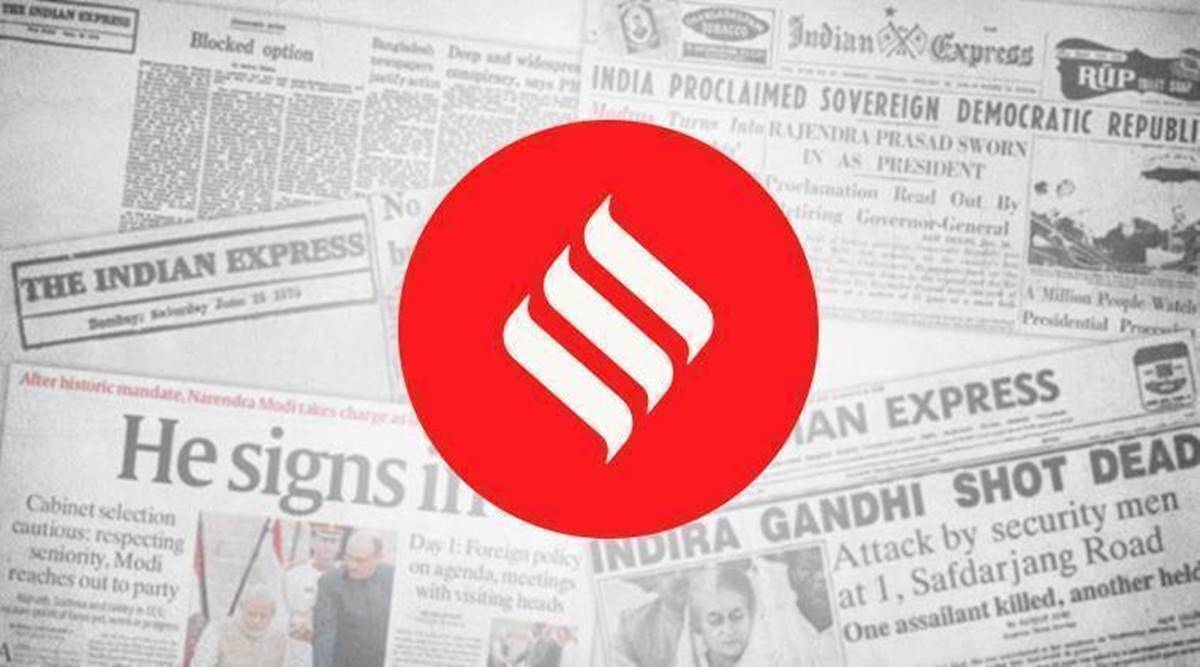BJP’s yatra politics is a pointer to its strategy to build a base in Tamil Nadu, where political space has opened up recently
The BJP’s project to find a foothold in Tamil Nadu politics ahead of the upcoming assembly elections may have begun on the wrong foot with the state government, headed by ally AIADMK, banning a party campaign that was to begin on Friday. The month-long “Vetri Vel” yatra, invoking Lord Muruga or Karthikeya, was to travel to different Hindu shrines in the state. The Opposition claimed the yatra, which was to conclude on December 6, the anniversary of Babri Masjid demolition, could lead to communal unrest. On Thursday, the state government told the Madras High Court that it has denied permission to “Vetri Vel” due to COVID-19 restrictions. Earlier, the BJP had upset the AIADMK when it released a video promo of the yatra, in which Prime Minister Narendra Modi was introduced as a messenger of the AIADMK founder, MG Ramachandran — AIADMK had warned the BJP against usurping its leader.
This yatra politics has given pointers to the direction the BJP seems to be taking in Tamil Nadu. While the party has been enormously successful in expanding its footprint nationally since 2014, Tamil Nadu has been a hard nut to crack. In the past, the BJP had sought to expand its base by aligning with the DMK and AIADMK. In recent years, the party explored a third front, worked with the AIADMK, and backed Rajinikanth in his moves to build an alternative to the Dravidian outfits. It seems the party now wants to build its own constituency by presenting itself as an antidote to the “anti-Hindu” vision of the Dravidian movement. The recent attacks by Hindutva groups on Periyar, the chief ideologue of the Dravidian movement, can be seen in this context. Hindutva groups in the past had sought to mobilise supporters through the Vinayaka Chaturthi celebrations. With “Vetri Vel”, the BJP seems to be exploring the predominantly subaltern constituency of Muruga worshippers, who are spread across political divides.
It could well be that the BJP wants to challenge the Dravidian narrative, and pose as a custodian of Tamil Hindu values. In the absence of local icons, the party may even seek to appropriate popular Tamil leaders such as MGR and Jayalalithaa, who had refused to endorse the atheism of the Dravidian movement while claiming its legacy. But given the complex social history of Tamil Nadu, these are tasks easier said than done — even if the ideological hold of the Dravidian movement is on the wane and political space has opened up after the demise of Jayalalithaa and M Karunanidhi.
Source: Read Full Article


